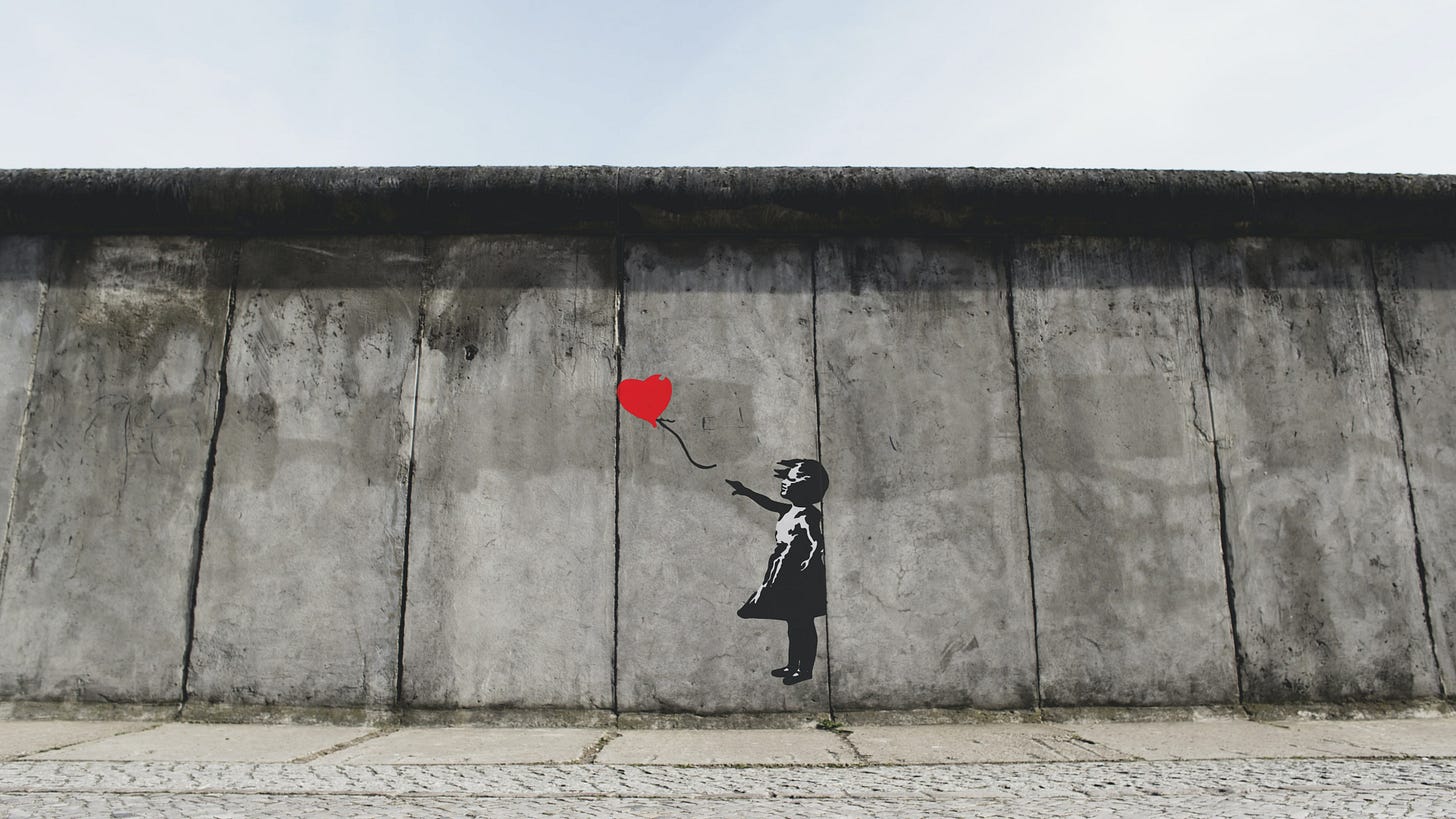The Battle for Ownership
Creators, it's time to get rid of platform gatekeepers and take back control.
Photo by Eric Ward on Unsplash
Last week, I was wondering about the reasons for the sudden emergence of the Creator Economy and all of a sudden, creators are the new darling of platforms.
Hardly a week goes by without a platform announcing a new creator-friendly strategy: they shower creators with recognition and announce new creator-friendly features. And now? Creator funds, earmarked just for them.
Just recently:
YouTube announced $100M fund for creators on its "Shorts" platform, a TikTok rival.
TikTok has implemented an affiliate program to help brands engage creators on their platform.
Spotify is doing everything to lure podcasters away from Apple Podcasts (30% commission?! We'll take 0%. Who do you prefer now?)
Twitter launched Super Follows, which allows creators to charge for tweets... even though most users are still clamoring for basic features like an Edit button over monetization options (no comment.)
Even Pinterest is jumping in the game with a $500k fund earmarked for minority creators. (Such a small amount it's almost an insult...)
ClubHouse is launching in-app payments. They've also announced a portion of their recent $100 million Series A round will go to creators (they've yet to announce what amount, or how...)
Facebook is busy trying to convince creators (unsuccessfully) that Mark Zuckerberg himself is their new champion.
In other words, creators have become the sought-after favorite children of the internet. On the one hand, it's high time. After years of contempt and outrageous exploitation, it's tempting to celebrate these initiatives with a grand "hurrah!" After all, a lot of people are applauding this sudden agitation. Even some creators themselves have suddenly been struck by Stockholm syndrome.
But let's not be mistaken about platforms' intentions.
Behind all this lavish praise for creators is fear. Platforms, by design, always react more forcibly to threats than opportunity. Nothing in their business model encourages them to directly fund creators. They traditionally make money from advertisers — giving them, in exchange, access to a highly engaged audience. But to create this engagement you need content. And, creators are the products creating it.
Until recently, creators have tolerated not getting paid for their content on social media. The traditional thinking is platforms help boost a creator's discovery. And they do. But many creators have now successfully built fanbases who are more loyal to them than to any one platform. More platforms (TikTok, Twitch...) are popping up every day, and with them, more competition for content. The scale has tipped in favor of creators. Lastly, the pandemic led creators to re-evaluate their relationship to platforms and ownership of their content in general.
In other words, platforms today are facing multiple threats. They don't seem to really understand what started this fire. The only solution they've come up with is to throw cash on the flames in hopes of putting it out.
What's more is those threats are not only coming from creators who have realized they have been ripped off from the start. Consumers are placing less and less trust in platforms, authority and in institutions in general. Entrepreneurs have sensed an opportunity and are now racing to create new tools to help creators. Investors have decided to finance the creator economy to the tune of hundreds of millions of dollars. And as if that weren't enough, the Internet has decided to build a decentralized future: the Blockchain.
All of these platform initiatives supposedly in favor of creators might help them buy time in the short term. Before long, though, creators will recognize them for what they are: attempts at locking creators in and enlisting them in a battle that isn't theirs. The real battle has already been lost and platforms know this. They're just trying to sidestep the issue before the market catches on and their share prices plummet.
Gone are the days when people have to be slaves to technology, low wages and false promises. No wonder they're breaking ties. We see it with GenZs who refuse to resign themselves to "the system". We see it among creators who are using the internet as a new frontier: one that will imbue their creations with greater meaning and provide greater flexibility in their work.
The creator economy is giving us something more important than money: possibility, hope, and a new economic model for everyone. Only a handful of fortunate creators are truly profiting off this economy at the moment, but an entire middle class of creators are dreaming about what's possible. And it's up to us, entrepreneurs behind the Creator Economy, to not disappoint them.
Right now there's a lot of noise from people who believe monetization is the single most important problem for the Creator Economy to solve. I tend to disagree. The real battle in front of us is not monetization, it's ownership. How can you realistically hope to monetize something you don't own? As it stands, creators are giving away ownership at the moment of publication and consumers are renting this content from platforms.
Creators must now take back control: first, of the content they've given to platforms. And then of the audiences they've rented from them. This issue is still largely misunderstood. For now, only the visionaries, the stubborn ones, the mischief makers who refuse to compromise strive to remain independent above all else really get it.
To truly tip the balance, creators will need to cut the cord with platforms — a cord so many of them have been hesitant to cut, thinking it's somehow umbilical.
Yes, it takes courage. But your fans are ready to support you more than ever. It is a battle between progressivism and conformism. Platforms are betting on your propensity to maintain the status quo, but never have you been so ready to change our culture and the way wealth is created and distributed.
Big up to Taylor Swift who leads the way!



